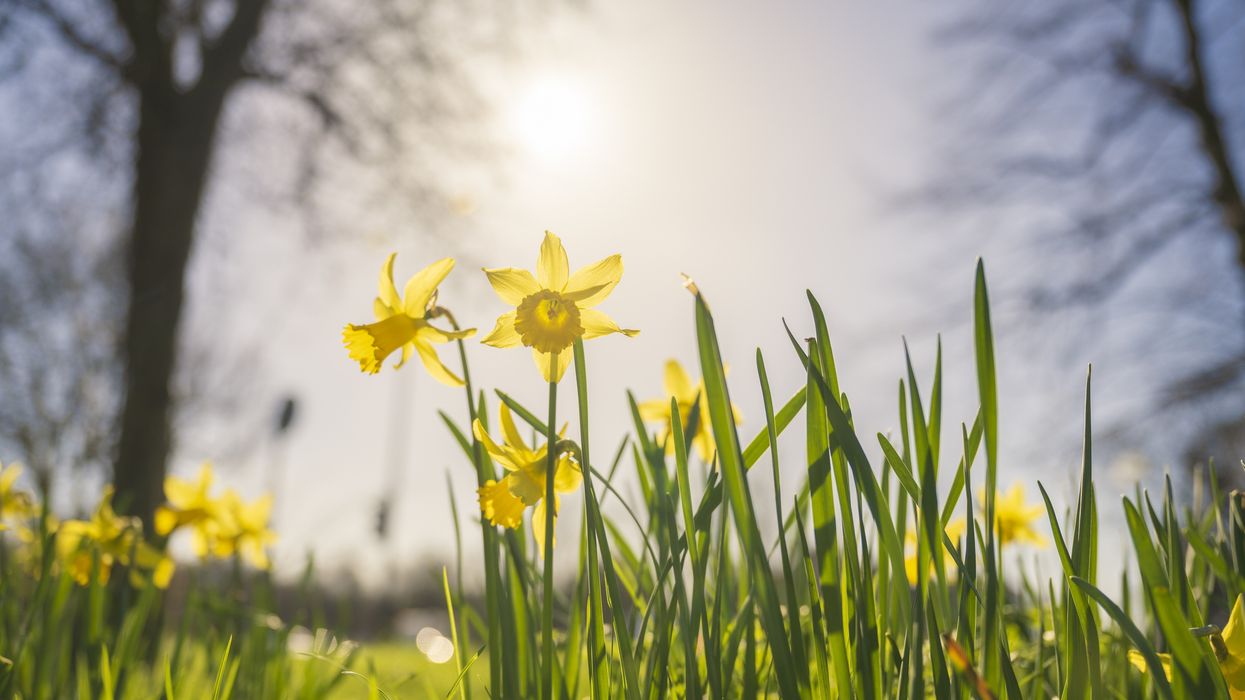SPRING has warmed more than any other season in the UK, with temperatures rising by 1.8 degrees Celsius since 1970, according to a report by Climate Central.
BBC Weather reported that while all four seasons are warming, autumn follows as the second-fastest warming season, with a 1.6-degree Celsius increase.
The Joint Nature Conservation Committee, which advises the UK government, found that key biological events marking the start of spring are occurring about nine days earlier than 25 years ago.
Data from Nature’s Calendar, a citizen science project by the Woodland Trust, tracks climate impacts through sightings of plants, animals, and fungi.
According to Nature’s Calendar, frogspawn sightings in 2024 were the earliest on record, averaging 24 February—17 days earlier than usual.
Alex Marshall from the project said, "Spring is getting earlier due to higher temperatures, particularly at the start of the season."
She noted that warmer winter weather can mislead species like frogs into early reproduction, leaving them vulnerable to late frosts.
BBC Weather also reported that climate change is leading to more extreme weather, affecting seasonal patterns.
Met Office data suggests that for every 1-degree Celsius increase in October temperature, trees shed their leaves two to three days later.
Scientists warn that changing seasonal timings could disrupt the food chain, creating challenges for various species.





